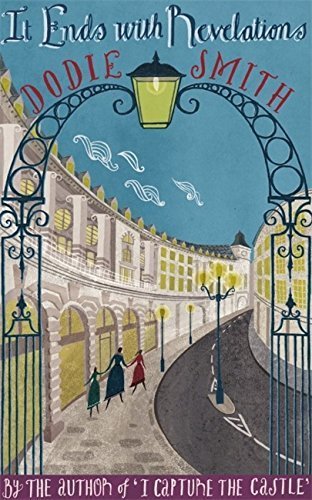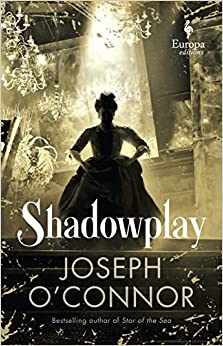It’s going to be hard to convey a sense of this book without revealing a side to it that doesn’t arise until well into the novel. I will say that for 1967 the novel deals with a key issue in a surprisingly enlightened way, even though it may make modern readers cringe a few times.
Jill Quentin is the wife of Miles Quentin, a distinguished actor. Miles is opening a new play in a spa town during a summer festival. This play was already produced on television, but adapting it for the stage is proving difficult. In particular, Cyril, the actor playing the boy in the play, is not doing well despite having played the part on television.
Smith’s descriptions of the details of the play production as well as Jill and Miles’s relationship are interesting. However, the plot gets going when she befriends two teenage girls, Robin and Kit Thornton, who are staying with their widowed father in the same hotel.
I don’t want to say more, really, except that the novel involves a choice for Jill between romantic love and the love of a deep friendship and asks how important loyalty is in marriage.
I generally liked this book, but there was a point before some revelations when I felt that if it was a more modern book, it could be going somewhere creepy. However, it was not.



